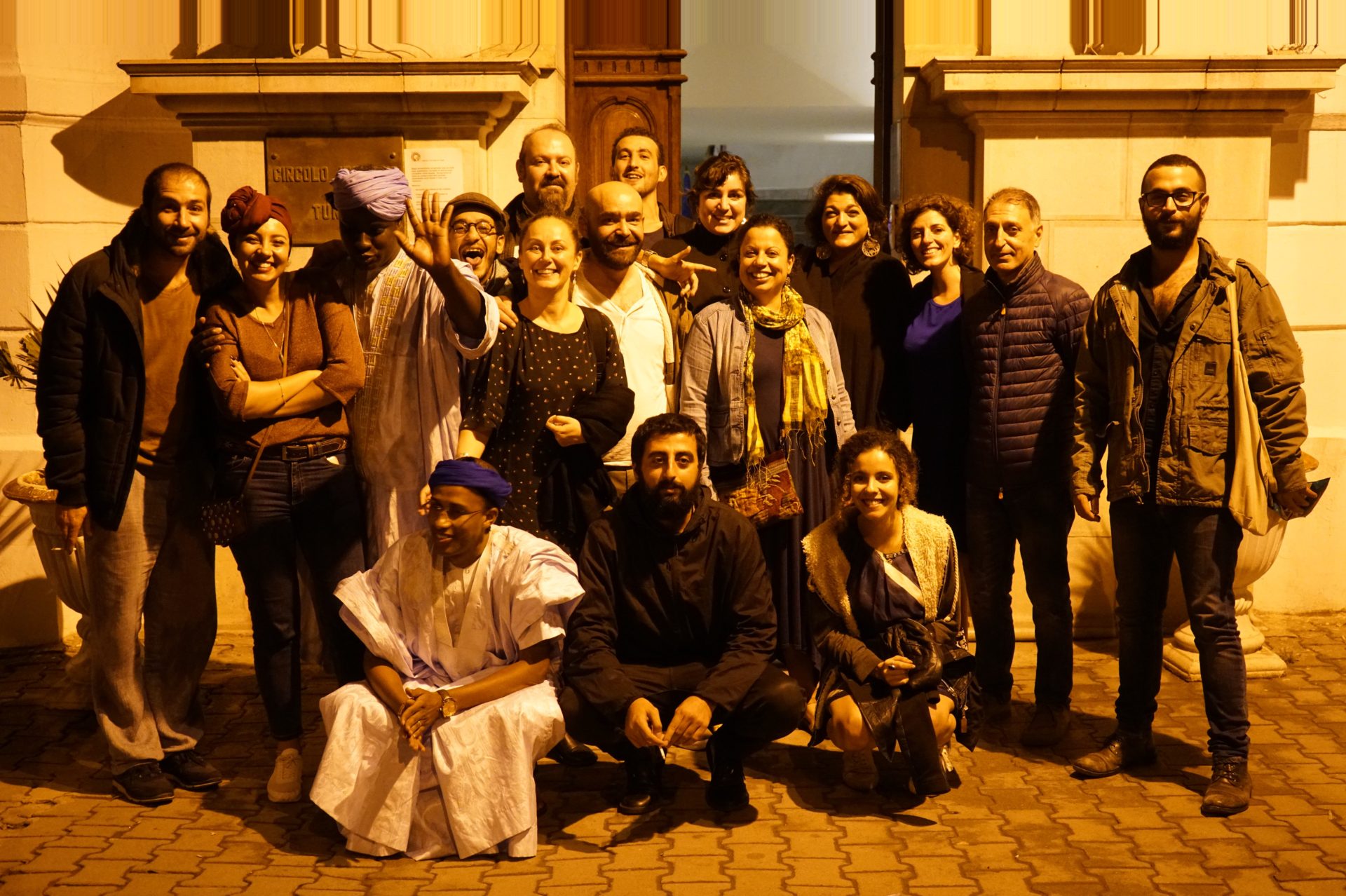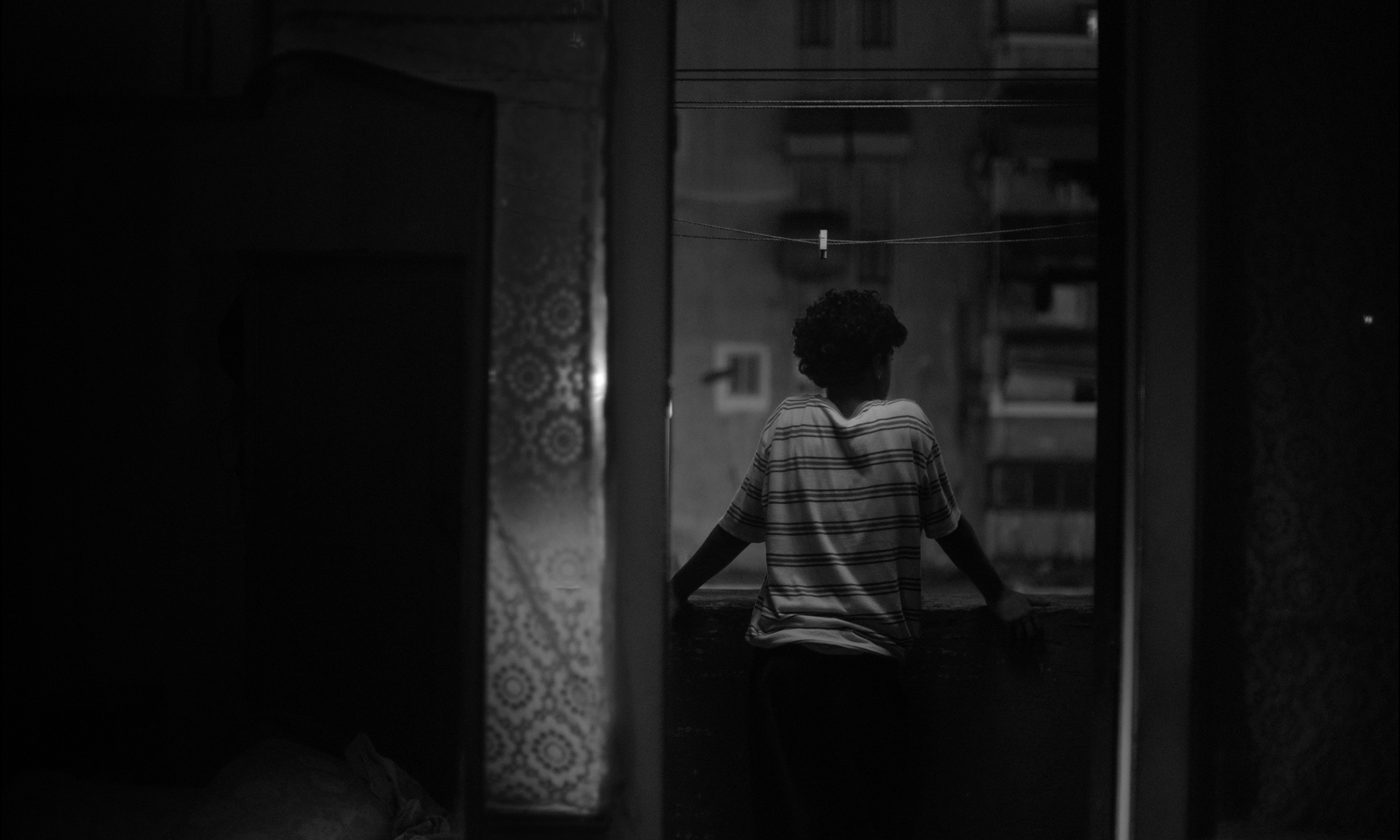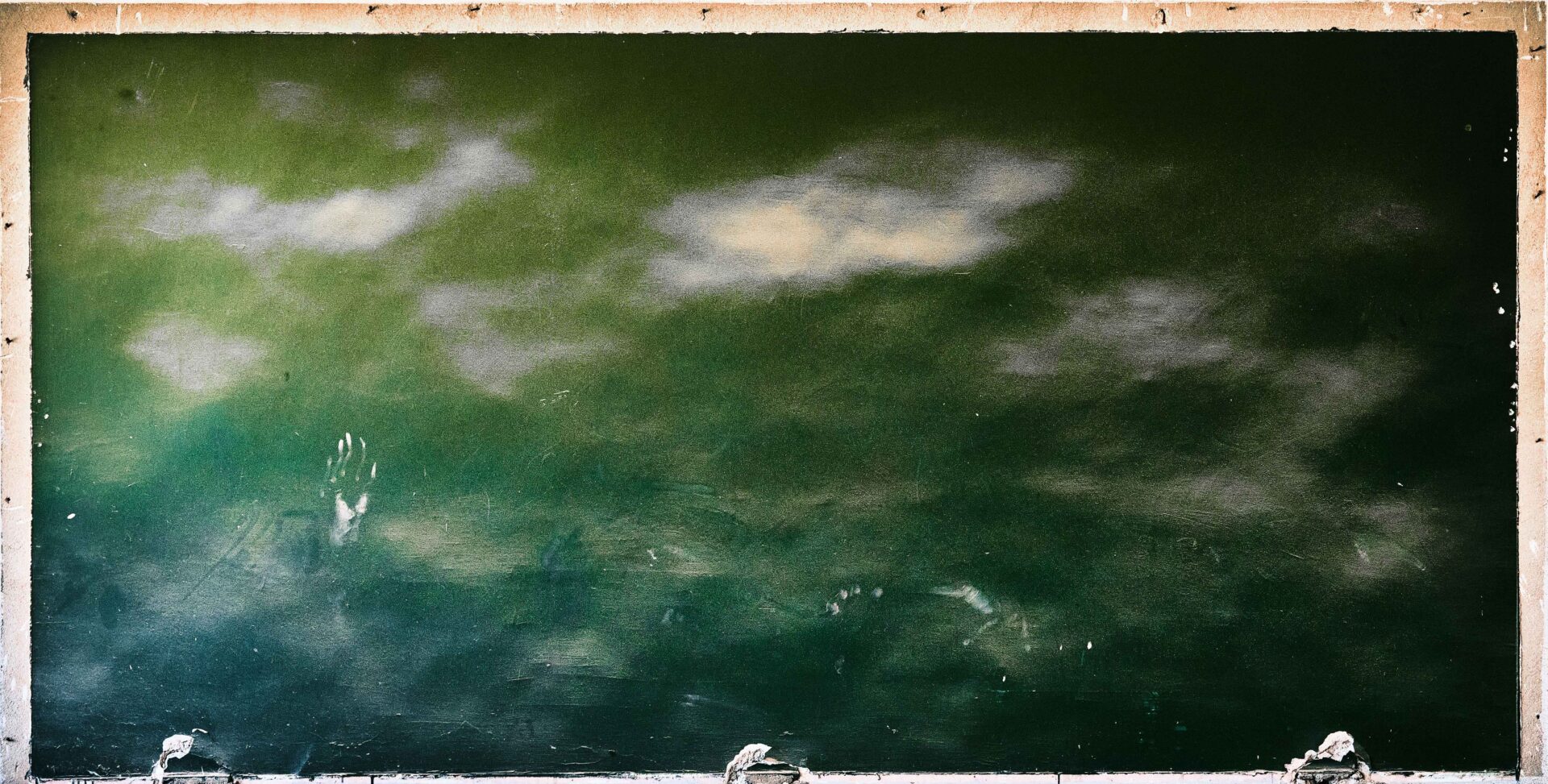27 November 2017
The Culture Resource working team organized the second capacity building training workshop for independent cultural organizations in Tunisia from 24 to 29 October 2017.
The workshop, which was held in the framework of the fifth round of Abbara program, was attended by 19 cultural actors and managers, representing ten independent cultural organizations from Morocco, Sudan, Mauritania, Egypt, Syria, Lebanon and Palestine. The participants in the workshop received professional training in financial planning and management, communications and audience building, and fundraising. They also had the opportunity to share their experiences since their last meeting which took place in Amman and Beirut simultaneously.
The training was supervised by a select team of cultural professionals: the Executive Director of Al-Harah Theater, Marina Barham (Palestine), independent cultural manager Therese Gibriel (Egypt/Canada), independent curator and cultural consultant Alma Salem (Syria), and member of the board of trustees of the Arab Fund for Arts and Culture AFAC and its former Director , Oussama Rifahi (Lebanon).
The Tunisian L’Art Rue association, which received support from Abbara program in its first round in 2011, hosted the workshop in its premises “Dar Bach Hamba”, situated in the historic Medina quarter of Tunis. This collaboration is part of the support offered by Abbara in the framework of its commitment to networking and encouraging ongoing collaborations and partnerships among the Abbara alumni who form one network that has now grown to 59 member organizations.
In the same context, Culture Resource’s team visited Morocco and met with ANYA and L’Atelier de l’Observatoire that are currently participating in the 5th round of Abbara. The team also attended the Fourth Edition of Visa for Music Festival from 22 till 25 November in Rabat-Morocco. The event was organized by ANYA in collaboration with the Moroccan Ministry of Culture and the Hiba Foundation. The program included more than 50 showcases from all around the world. The festival also acted as a platform for cultural exchange and provided networking opportunities gathering more than 1,200 participants including musicians, agents, recording companies, artistic directors, cultural organisations, media, trainers and others involved in music in Africa and the Middle East.





